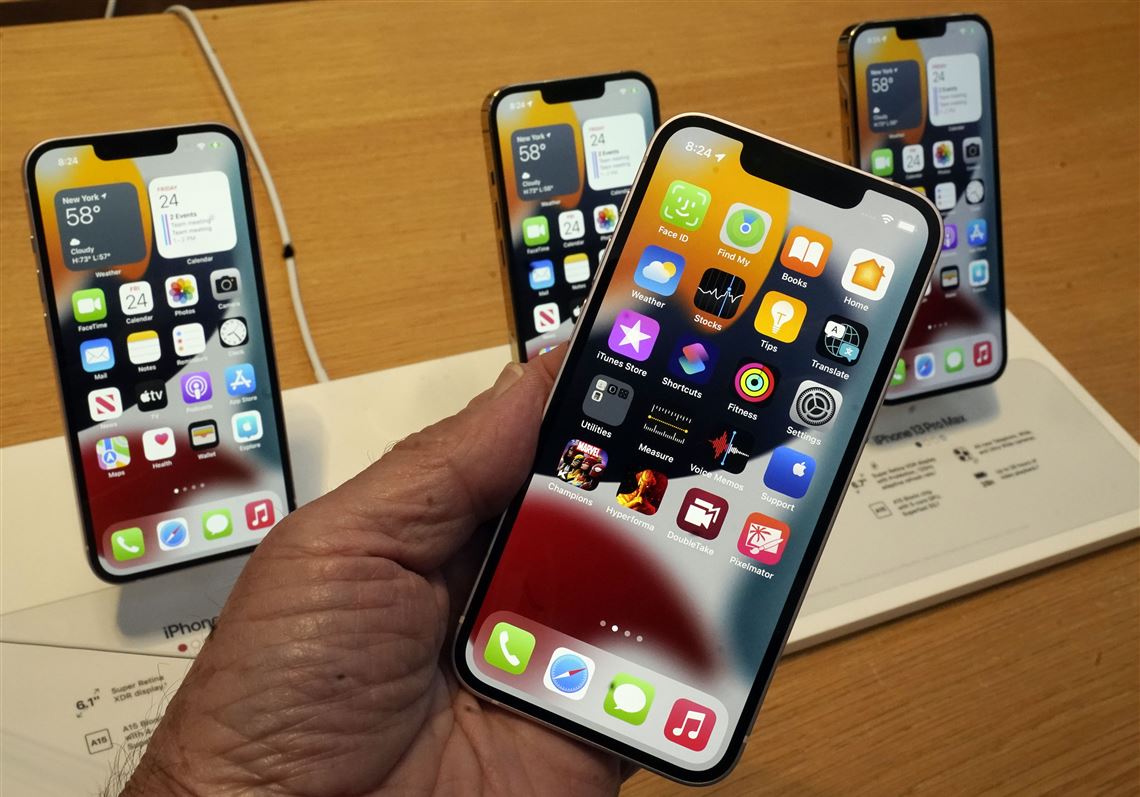In an exciting development for smartphone users, Apple has announced plans to make a significant change to its messaging platform. The longstanding debate over iOS’ blue text bubbles and Android’s green ones is set to take a more friendly turn, as Apple intends to adopt a messaging standard that will extend iMessage features to Android users. This move aims to break down the barriers that have traditionally separated these two mobile ecosystems, providing a better messaging experience for all.
The Transition to a More Inclusive Messaging Experience
Apple’s decision to embrace this change was first reported by the tech site 9to5Mac. The implementation of this messaging standard, known as RCS (Rich Communication Services), promises to introduce several key features that have been exclusive to iMessage users. These features include read receipts, typing indicators, improved group chat support, and higher-quality media sharing for images and videos. Apple has confirmed its commitment to adding support for RCS sometime in the next year. Importantly, RCS works seamlessly over both Wi-Fi and mobile data networks, offering a versatile communication solution.
In an official statement, Apple expressed its belief that RCS Universal Profile would offer a superior interoperability experience compared to traditional SMS or MMS. This adoption of RCS is positioned as complementary to iMessage, which will continue to provide the best and most secure messaging experience for Apple’s dedicated user base.
Pressure from Regulators and Competitors
This significant shift in Apple’s messaging strategy comes in response to mounting pressure from both regulatory bodies and industry competitors. In the European Union, for instance, the Digital Markets Act requires companies to ensure that their key services are interoperable across different platforms. Apple’s iMessage has come under scrutiny as regulators investigate whether it should be considered a core product. This regulatory push reflects the broader global trend of promoting greater connectivity between operating systems.
Google, a major player in the Android ecosystem, has long advocated for Apple to adopt the RCS standard. As a company that already supports RCS within its messaging app, Google has highlighted the importance of modern and secure communication for all users, regardless of their device. In early November, Google formally urged the European Commission to recognize iMessage as a core Apple product and to require its compliance with interoperability standards. Google’s statement welcomed Apple’s decision to embrace RCS and expressed readiness to collaborate on further enhancing messaging experiences for everyone.
Apple’s Historical Resistance to Interoperability
Apple’s decision to embrace greater interoperability marks a shift from its historical stance. In the past, Apple has resisted efforts to enable seamless communication across different platforms. When asked about this issue, Apple CEO Tim Cook responded by suggesting that there wasn’t a strong demand from users for such functionality. Cook’s response, “Buy your mom an iPhone,” exemplifies Apple’s approach of maintaining exclusivity within its ecosystem.
Additionally, this change comes on the heels of Apple’s announcement that its next-generation iPhone 15 will feature a USB-C universal charging system for the first time. This move aligns with European Union regulations that require widespread support for USB-C charging by 2024. By proactively adopting these standards, Apple aims to stay ahead of regulatory requirements and leverage them to its advantage.
A Path Towards Improved Security and User Experience
Apple is expected to collaborate with the GSM Association, a nonprofit organization that works closely with mobile operators, to enhance the security of RCS through encryption. This effort aims to bring RCS messaging closer to, if not on par with, the security levels offered by iMessage. Such enhancements could benefit all users by ensuring their communications remain private and secure.
While some speculate that this change might lead to more Apple users considering Android devices, experts believe that it won’t significantly impact demand for iPhones. Instead, it will enable a smoother and more enjoyable communication experience for iPhone users when interacting with individuals on different platforms. The distinctive identity associated with the blue bubbles and the iMessage platform is likely to remain, as Apple sees this shift to RCS support as a way to offer its customers the best of both worlds – a uniquely Apple experience while fostering better cross-platform communication.
The Future of Bubble Colors
One intriguing question arising from this transition is whether the iconic blue and green message bubbles will disappear. Apple has long used these colors as a marketing strategy to distinguish its products. Despite adopting RCS, the retention of these colors seems likely, as they symbolize the distinct identities of Apple and Android users. This move towards RCS support primarily aims to enhance the overall customer experience by facilitating smoother communication across different operating systems.
Apple’s decision to embrace the RCS messaging standard represents a significant step towards a more interconnected and user-friendly messaging ecosystem. This transition underscores the importance of regulatory pressure and competition in driving innovation and improving communication experiences for consumers.









Leave a Reply